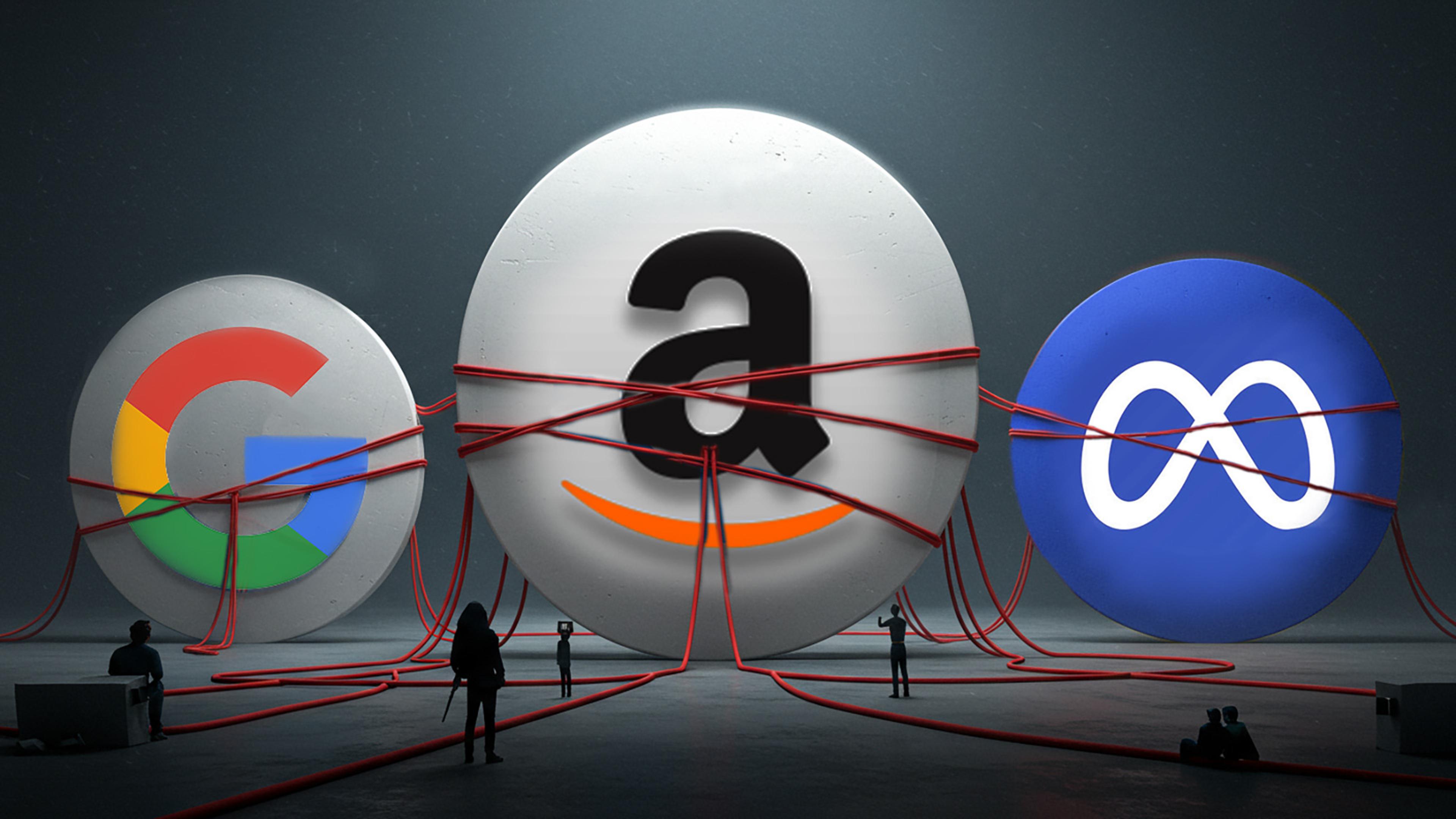Germany’s Interoperability Regulation
The Framework
Germany’s interoperability regulation, effective since the 10th amendment to the German Competition Act entered into force in January 2021, establishes a two-step enforcement mechanism targeting companies deemed to have “paramount significance for competition across markets” (PCMS).[1] The Federal Cartel Office (Bundeskartellamt) first designates qualifying companies based on market dominance, financial strength, vertical integration, data access, and ecosystem control. Following designation, which lasts five years, the authority can prohibit specific practices, including “refusing the interoperability of products or services or data portability or making this more difficult,” forcing companies to enable competitor access to their platforms and services.
The law reverses the burden of proof, requiring designated companies to demonstrate their conduct is “objectively justified” rather than requiring the authority to prove anti-competitive harm. [2] Notably, Germany has exclusively designated American companies under this framework—Meta, Alphabet, Amazon, Apple, and Microsoft—revealing the regulation’s discriminatory targeting of U.S. technology leadership, as all major global technology platforms are American companies.[3]
Implications for U.S. Technology Leadership
This regulatory framework systematically disadvantages U.S. technology companies by forcing them to divert resources from innovation to compliance while creating opportunities for competitors. The mandatory interoperability requirements undermine the integrated ecosystems that constitute core competitive advantages for American platforms, potentially forcing them to share proprietary interfaces and data portability mechanisms with rivals. Companies must now justify every technical decision regarding platform access and compatibility, transforming routine product development choices into regulatory minefields requiring extensive documentation and legal review. The reversed burden of proof compounds these burdens, as firms must maintain comprehensive justifications for any limitations on interoperability, even when such restrictions serve legitimate security, privacy, or innovation purposes. This approach exclusively burdens the five designated U.S. companies while competitors operate without such constraints.
The regulation’s precedent-setting nature threatens to fragment the global digital economy as other jurisdictions adopt similar measures targeting U.S. tech leadership. Germany’s unilateral action, preceding even the EU’s Digital Markets Act, demonstrates how individual countries can impose extractive obligations on American companies under the guise of promoting competition. The broad definition of interoperability—encompassing products, services, and data portability—grants regulators expansive powers to mandate technical changes that could compromise intellectual property protections and innovation incentives. As U.S. companies face increasing compliance costs and operational restrictions in key markets, their ability to compete globally diminishes while rivals from countries without comparable regulations gain relative advantages. This regulatory fragmentation forces American firms to navigate an increasingly complex patchwork of requirements that diverts resources away from developing next-generation technologies, ultimately weakening U.S. technological leadership in artificial intelligence, cloud computing, and platform innovation.
Endnotes
[1] Bundeskartellamt, “Rules for the digital economy,” accessed June 2025, https://www.bundeskartellamt.de/EN/Digital_economy/RulesDigital_economy/rulesdigitaleconomy_node.html.
[2] Ibid.
[3] Bundeskartellamt, “Proceedings against large digital companies,” accessed June 2025, https://www.bundeskartellamt.de/EN/Digital_economy/proceedings_against_large_digital_companies/proceedings_against_large_digital_companies_node.html.
Related
May 14, 2025
Germany’s Digital Markets Act
February 11, 2025


